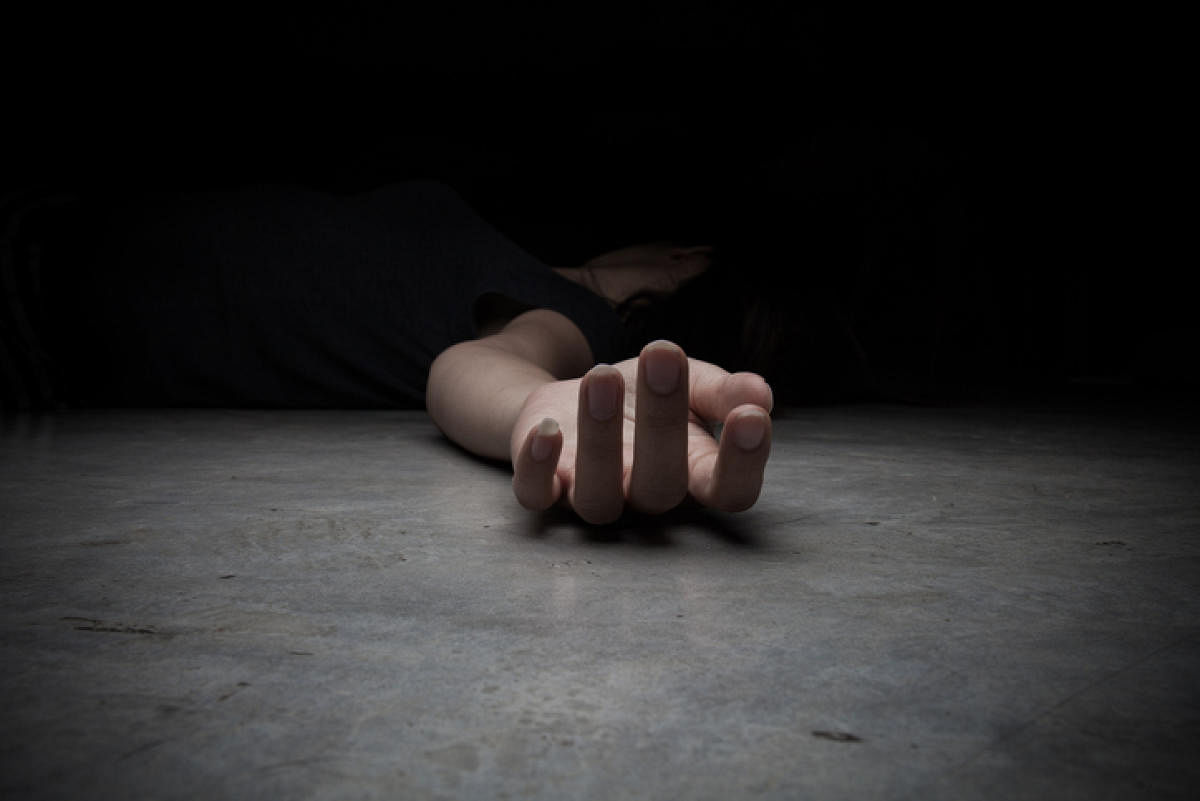Look at what our lives have become. The insensitivity of our political class is becoming more manifest by the day.
On July 16, a woman and her daughter felt compelled to set themselves on fire outside Uttar Pradesh Chief Minister Yogi Adityanath’s office in Lucknow because of police inaction in a land dispute in Amethi.
The mother and daughter were rushed to a hospital, where the mother died three days later. Amethi is a high- profile constituency. It was the bastion of the Gandhi family for several years and is the constituency from which the BJP’s Smriti Irani won the last Lok Sabha election. Surely, a woman leader of her prominence should have ordered an enquiry as to why these two women from her constituency were forced to take this extreme step.
The mother’s death should be a wake-up call for the Yogi government given that there have been a spate of immolations outside his office and residence.
In April, four rape victims had made similar bids to immolate themselves outside his residence, in the hope of getting attention and justice from the authorities.
One of these victims was working in a school in Lucknow, where she claims she was ‘sexually exploited’ by the principal. She believes the police diluted her complaint, allowing the principal to get bail.
Once out on bail, the principal started harassing her. She again went to file a case against him, which the police refused to register. Having no recourse from his constant harassment, the victim immolated herself outside the CM’s residence.
Another case was of a 22-year-old woman who tried to immolate herself, claiming she had been raped by a man near Barabanki in UP. When she went to the police, the cops refused to register her complaint.
On April 2, yet another rape victim made a similar attempt at self-immolation outside the CM’s residence. In her case also, the cops had refused to register an FIR. She, too, was from Barabanki.
Another horrendous story is of a rape survivor and her mother who tried to self-immolate themselves in August last year at Unnao’s Makhi police station. This is the same district where the infamous Unnao rape had taken place, with a vulnerable 17-year-old girl accusing BJP MLA Kuldeep Singh Sengar of raping her. He retaliated by getting her father and aunt killed. Sengar is presently in jail while the girl lives incognito in another state.
Shruti Kumar, who teaches at the Tata Institute of Social Sciences, believes women are resorting to self-immolation bids as a means of getting justice. “They have suffered so much pain, horror and indignation and they feel this is the only step left that they can take,” Kumar says.
The irony is that in most such cases where the woman commits or attempts suicide, the police rush to register an FIR posthumously, which was the victim’s primary demand in the first place.
One of the most poignant incidents that has seared the conscience of the nation is that of a Dalit farmer couple consuming pesticide in front of their young children and police officers in Madhya Pradesh’s Guna district.
That, too, happened on July 16. The couple took this extreme step because the authorities had brought in a JCB to destroy their crops and their home in order to evict them from their land as they wanted to set up a college there.
They were rushed to hospital, where they are recovering. Instead of showing sympathy at their plight, the police have registered two FIRs against both the farmer and his wife.
Public suicides are being taken recourse to across the country. Just two months ago, a woman committed suicide in front of her two daughters by consuming pesticide outside the police headquarters in Rohtak. Her suicide note accused two cops of having raped her and that senior officers were shielding the accused. Following her death, the police rushed to turn her written complaint into an FIR. But again, this was a case of too little, too late.
Former Deputy Inspector General (DIG), Uttar Pradesh, Prakash Singh, believes the main reason why FIRs are not being registered is because there is pressure from the government on the police to keep the crime statistics low. “There is an attempt to doctor the figures and to show only marginal fluctuations,” said Prakash Singh.
It is well known that the police, instead of trying to check the incidence of crime, deliberately keep crime statistics low. This amounts to window-dressing and much of this distortion comes at the cost of women’s sense of security and justice.
The Covid-19 pandemic may have seen a significant drop in accidents, burglary and theft but cases of crime against women continue to rise.
To cite an example from Karnataka, from the 1,500 crimes against women reported between March 24 and May 30, there were 64 rape cases, 38 dowry deaths, 716 molestation cases, 176 cases of cruelty and 215 cybercrimes, an increase from cases reported last year. The story is the same in other states.
Our political leaders suffer from a warped sense of priority. Uttarakhand Chief Minister Trivendra Rawat has not hesitated to allot Rs 13 crore to 13 akhadas for the construction of residential facilities for seers for the coming Kumbh Mela, but claims he has no money to create rehabilitation centres for rape victims in a state that has seen an alarming rise in rape cases.
The police are the most visible face of the government. Surely, expecting them to deal with women who are victims of crime in a sympathetic manner is not asking for too much?
